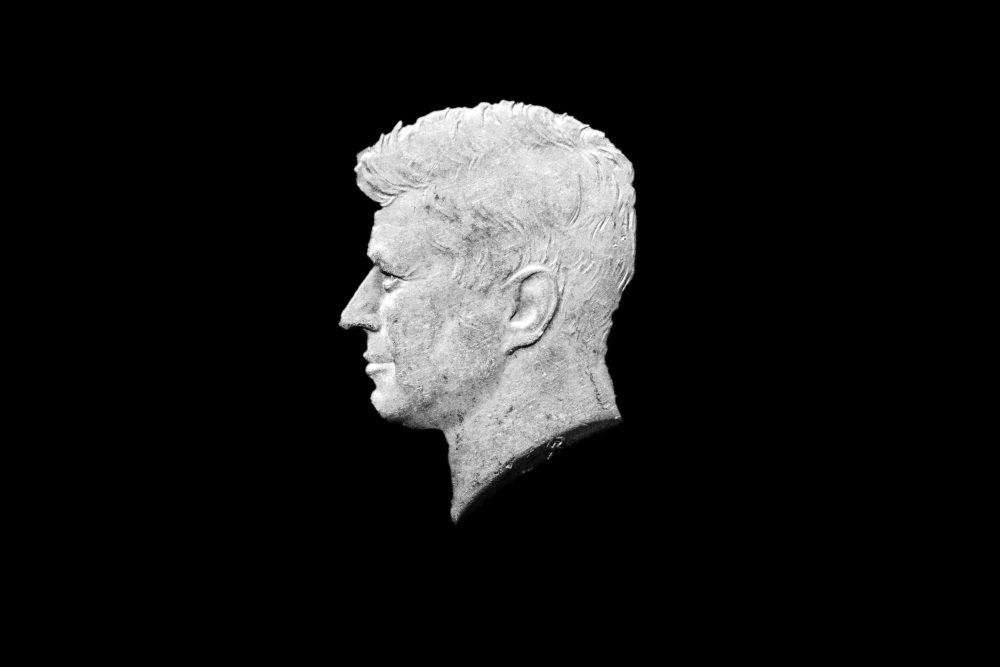Join authors Dennis McCuistion and Dory Wiley for an explosive panel discussion at The Dallas Express’ “Who Killed JFK?” event on June 9, 2025. Get General Tickets, VIP Access, or Become a Sponsor today!
Decades have passed since November 22, 1963, yet the questions persist, fueled by a gnawing sense that the full story remains buried. With President Trump’s recent executive order pushing for declassification and the FBI’s announcement of 2,400 previously unseen files, we stand on the cusp of potentially groundbreaking revelations—or another disappointing mirage. Among the tantalizing threads yet to be unraveled are the still classified 25% of Ruth Paine’s Warren Commission testimony, Jackie Kennedy’s private correspondence with Lyndon B. Johnson, her sealed interview with William Manchester, and the mysterious tapes and files tied to mobster Carlos Marcello and CIA operative E. Howard Hunt. What might these documents tell us about the forces that shaped one of America’s darkest chapters?
Ruth Paine’s name may not ring loud in popular lore, but her proximity to Lee Harvey Oswald demands scrutiny. She housed Marina Oswald and, unbeknownst to her (or so she claims), sheltered the rifle allegedly used to kill Kennedy in her garage. She testified more to the Warren Commission than any other witness, yet a quarter of her testimony—some 200 pages—remains locked away. Why?
Paine’s ties to the CIA add a layer of intrigue. Her sister, Sylvia Hyde Hoke, worked for the agency, and her husband, Michael, had connections with Bell Helicopter, a firm with government contracts. Her father had many CIA ties and worked for the now famous, USAID. Conspiracy theorists have long speculated that Paine was more than a bystander—perhaps a low-level operative monitoring Oswald. She is the one who got Oswald back to Dallas and helped him land the job at the Texas School Book Depository. That she was from Langley, Virginia with close family ties to Allen Dulles, the former CIA Director, rouses further suspicion. Could the withheld testimony reveal contradictions in her story or hint at a deeper CIA role in the events leading to Dealey Plaza? If there was a government conspiracy, then she might have been involved, and even mundane details could add further proof to Oswald’s now known CIA ties himself.
Then there’s Jackie Kennedy, the poised widow whose grief masked a sharp mind. Her classified letters to Lyndon Johnson, written in the raw aftermath of her husband’s death, might expose a side of LBJ we’ve yet to see. Did she voice suspicions about the official story? Did she press him for answers he couldn’t—or wouldn’t—give? Equally compelling is her sealed 1964 interview with historian William Manchester, author of The Death of a President. Jackie reportedly ordered parts of it suppressed, fearing they were too personal or too explosive. Might she have hinted at doubts about the Warren Commission’s conclusions, or shared observations from that day that contradict the sanitized record?
The underworld and intelligence worlds collide in the still-classified tapes concerning Carlos Marcello, the New Orleans mob boss who loathed the Kennedys, and E. Howard Hunt, the CIA veteran whose career reads like a spy novel. Marcello’s alleged confession to ordering JFK’s hit has floated in conspiracy circles for years, but hard evidence remains elusive. Are those tapes hiding his voice—or someone else’s—tying organized crime to the assassination? Hunt’s missing JFK files, from his security file, are another enigma. Before his 2007 death, Hunt claimed knowledge of a CIA plot dubbed “the Big Event” naming CIA plotters and even LBJ himself. Were those files destroyed to protect the agency, or do they lurk among the unreleased trove, ready to rewrite history?
This release could be a reckoning—or a reminder of how much remains out of reach for Congresswoman Anna Paulina Luna’s task force. The Warren Commission’s assurances of Oswald’s lone guilt have frayed under decades of doubt, and these documents might continue to tip the scales. But don’t hold your breath for a smoking gun. National security concerns could still redact the juiciest bits, leaving us with tantalizing fragments. Still, even partial truths, pieces of a smoking gun—about Paine’s CIA ties, Jackie’s private thoughts, or Marcello and Hunt’s shadows—could force us to confront an unsettling question: how much of our history have we been denied?
Dennis McCuistion is a former banker, professor and host of the McCuistion television program on KERA in Dallas. Dory Wiley is president and CEO of Commerce Street Holdings LLC and a lifelong JFK assassination researcher.


